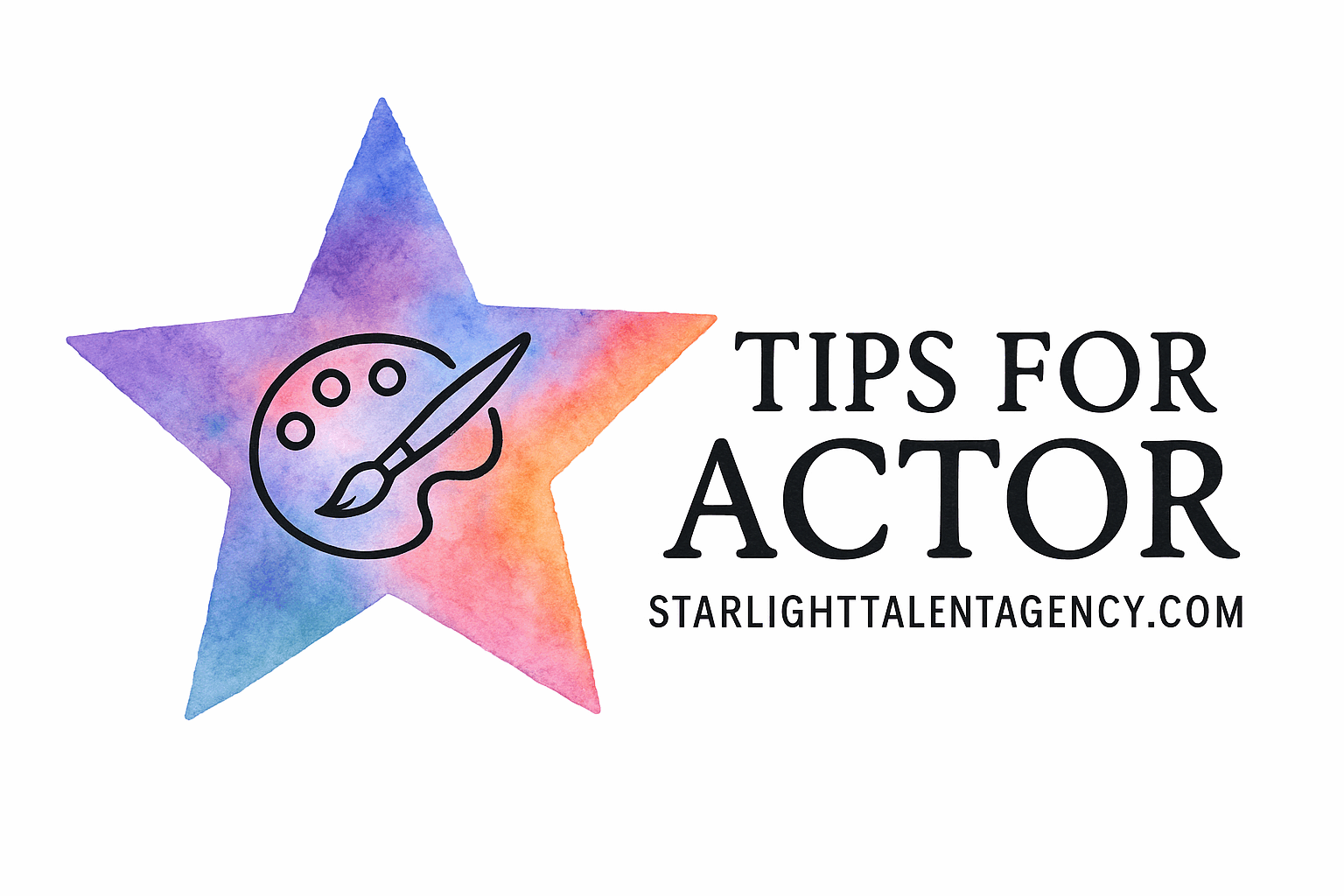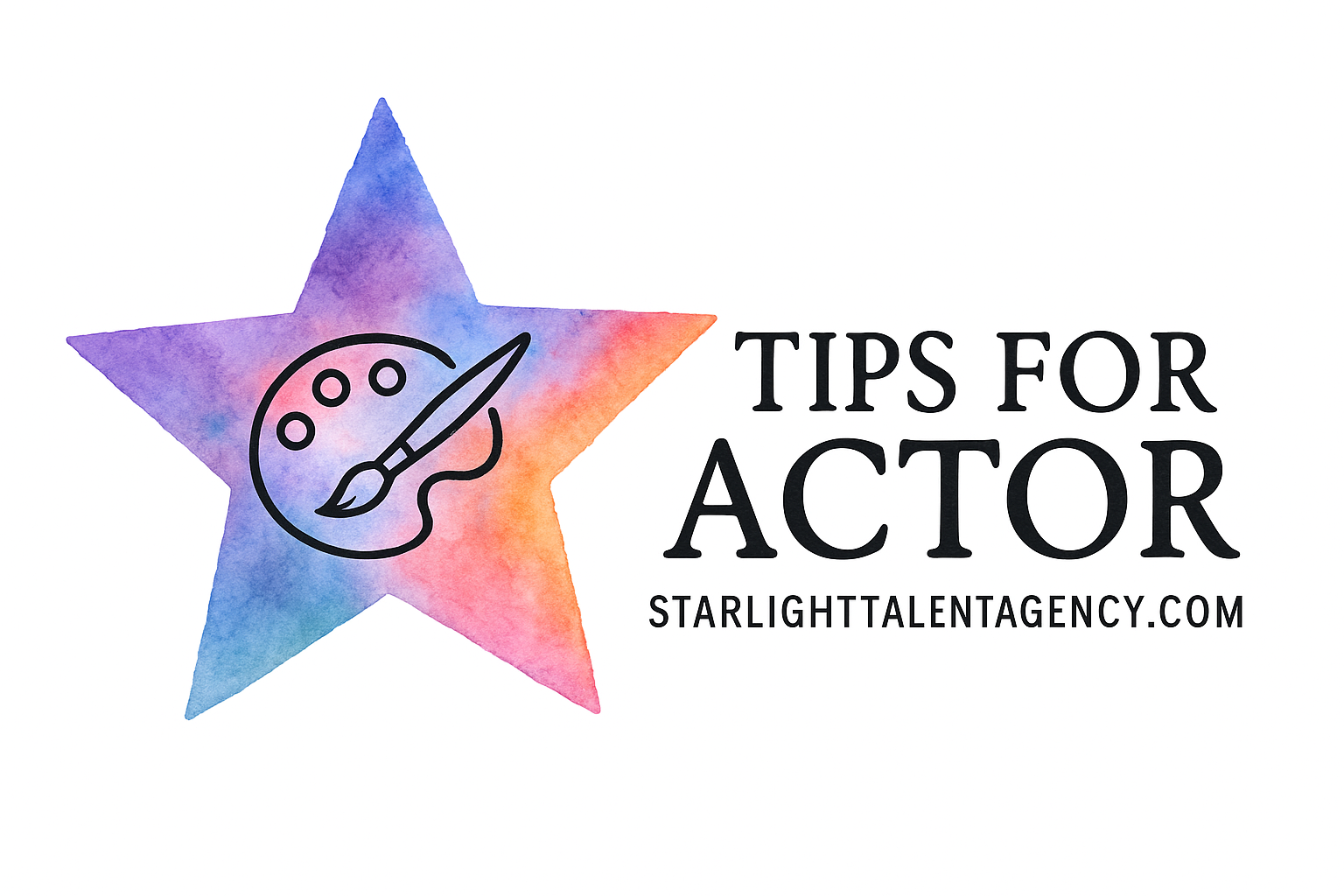Introduction
Attending an acting workshop can be a game-changer for any performer. It’s where skill meets opportunity, where passion becomes polish. But let’s face it—just showing up isn’t enough. To truly grow, you need direction, awareness, and a plan.
That’s exactly why these 11 coaching tips for actors attending workshops exist. Whether you’re exploring audition preparation basics or mastering self-tape acting, these insights will help you make the most of every session, every scene, and every note of feedback.
Why Actor Workshops Matter
Actor workshops are the backbone of professional development. They bridge the gap between learning and doing.
Building Confidence and Creativity
A workshop gives you the freedom to explore, fail, and grow—without fear of judgment. It’s a safe creative space that encourages you to push boundaries and experiment with new forms of expression, much like developing your character development skills.
Learning Through Real-Time Feedback
The beauty of a workshop lies in immediate feedback. Coaches and peers offer constructive input that helps you fine-tune your craft instantly. You’ll learn to recognize subtle adjustments that can elevate a good performance into a great one.
Coaching Tip #1: Come Prepared With Purpose
Preparation sets professionals apart from amateurs. Before the workshop begins, define what you want out of it.
Set Your Personal Goals
Are you hoping to sharpen your scene work? Improve your on-camera acting? Or simply gain confidence in your delivery? Having a clear purpose helps you stay focused and get measurable results.
Research the Workshop Coach
Check out your coach’s background before attending. If they emphasize method acting or specialize in accent and dialect training, tailor your preparation accordingly. Understanding their philosophy will help you align your goals with their teaching style.
Coaching Tip #2: Warm Up Before Every Session
Your body and voice are your tools—treat them that way.
Voice and Body Warm-Ups
Perform warm-up exercises before each class. Breathing drills, tongue twisters, and body stretches prepare your instrument for expressive performance.
Mental Preparation
Calm your nerves and sharpen your focus with visualization. Enter the room confident, grounded, and open to exploration.

Coaching Tip #3: Be Open to Feedback
Feedback is the heartbeat of growth. The best actors know how to receive it gracefully and apply it intelligently.
Take Notes and Reflect
Keep a small journal. After each session, jot down the feedback you received—especially in areas like script analysis or taking direction. Reflecting helps you internalize advice instead of letting it fade away.
Avoid Defensive Reactions
Remember: criticism isn’t personal. Coaches aim to improve your craft, not attack your talent. Listen fully before responding—growth begins where defensiveness ends.
Coaching Tip #4: Engage With Your Peers
You’re not just learning from coaches—you’re also learning from each other.
Networking Opportunities
Every acting workshop is a networking goldmine. Build connections that may lead to auditions, collaborations, or mentorship. Check out career growth tips to learn how to maintain professional relationships.
Learning from Others’ Mistakes
Watching others perform can be as valuable as performing yourself. Observe their timing, energy, and use of space to refine your own craft.
Coaching Tip #5: Practice Active Listening
Acting is 50% listening, 50% reacting.
Understand Before Responding
Active listening means fully absorbing your scene partner’s words, tone, and emotion. It’s the foundation of believable acting with partners.
Mirror Emotions, Not Just Words
True connection happens when your reactions feel authentic. Listening with empathy and responding truthfully brings your character to life.
Coaching Tip #6: Experiment With Character Development
Workshops are your laboratory—test out new ideas, styles, and energies.
Step Outside Your Comfort Zone
Try roles that challenge your usual type. Experiment with role physicality or unconventional emotional beats to build flexibility.
Learn the Power of Subtext
Incorporate lessons from expressive acting. Subtext gives your performance emotional depth—what’s unsaid can speak louder than what’s spoken.
Coaching Tip #7: Record and Review Your Performances
In today’s digital world, recording your work is essential.
The Self-Tape Advantage
Self-taping isn’t just for auditions—it’s also an incredible feedback tool. Learn more from self-tape mastery techniques.
Identify Strengths and Weaknesses
When you review recordings, notice your habits: gestures, eye lines, or pacing. This helps pinpoint areas needing improvement before your next self-tape setup or audition.
Coaching Tip #8: Accept Rejection Gracefully
Rejection isn’t failure—it’s feedback.
Turning Rejection into Redirection
Every “no” is an opportunity to refine your craft. Embrace a strong career mindset and keep moving forward.
The Growth Mindset for Actors
View challenges as learning moments. With patience and persistence, rejection becomes a stepping stone toward mastery.
Coaching Tip #9: Maintain Your Acting Schedule
Consistency is what separates good actors from great ones.
Consistency Builds Skill
Stick to a steady acting schedule. The more consistently you practice, the more natural your performances will feel.
Balancing Work and Workshops
Manage your time wisely. The key to sustainable success is maintaining a healthy work balance between professional gigs and training sessions.
Coaching Tip #10: Focus on Body Acting and Stage Presence
Your body is as expressive as your words.
Using Gestures to Enhance Expression
Master your stage gestures to amplify your character’s emotions and intent. A subtle movement can communicate volumes.
Building Physical Confidence
Develop strong stage presence through posture, spatial awareness, and breathing. Own your space—the audience will feel your command.
Coaching Tip #11: Keep the Learning Going After the Workshop
Growth doesn’t stop when the workshop ends—it’s only beginning.
Apply What You’ve Learned Immediately
Implement your new techniques in auditions or independent projects. Revisit notes on audition preparation to keep your skills sharp.
Find a Mentor or Ongoing Coach
Long-term guidance can accelerate your development. Explore coaching tips for actor resources for mentorship opportunities and deeper learning.
Common Mistakes Actors Make in Workshops
Overacting or Trying Too Hard
Many actors push too hard to impress. Authenticity beats exaggeration every time.
Neglecting Listening and Observation
Don’t just perform—observe. Watching how others handle direction or emotion sharpens your own instincts.
Conclusion
Workshops are where actors evolve from performers to artists. Each session is a chance to refine your craft, test new techniques, and build lifelong connections.
By applying these 11 coaching tips for actors attending workshops, you’ll walk into every training space prepared, confident, and open to transformation. Keep learning, keep performing, and most importantly—keep believing in your artistic growth.
FAQs
1. How often should I attend acting workshops?
At least every few months to stay creatively fresh and technically sharp.
2. What should I bring to a workshop?
Your script, comfortable attire, and a positive attitude—plus any notes from audition preparation basics.
3. How can I improve after feedback?
Review your self-tapes, apply notes during rehearsals, and explore advanced audition skills.
4. What’s the benefit of peer collaboration?
It helps you develop adaptability and trust—crucial elements in acting with partners.
5. How do I maintain confidence after rejection?
Remind yourself that every “no” refines your focus. Learn from it and grow.
6. Should I record my workshop performances?
Yes! Use them as self-tape acting exercises to track progress.
7. What’s the next step after finishing a workshop?
Continue your journey through career growth strategies and advanced acting modules.

